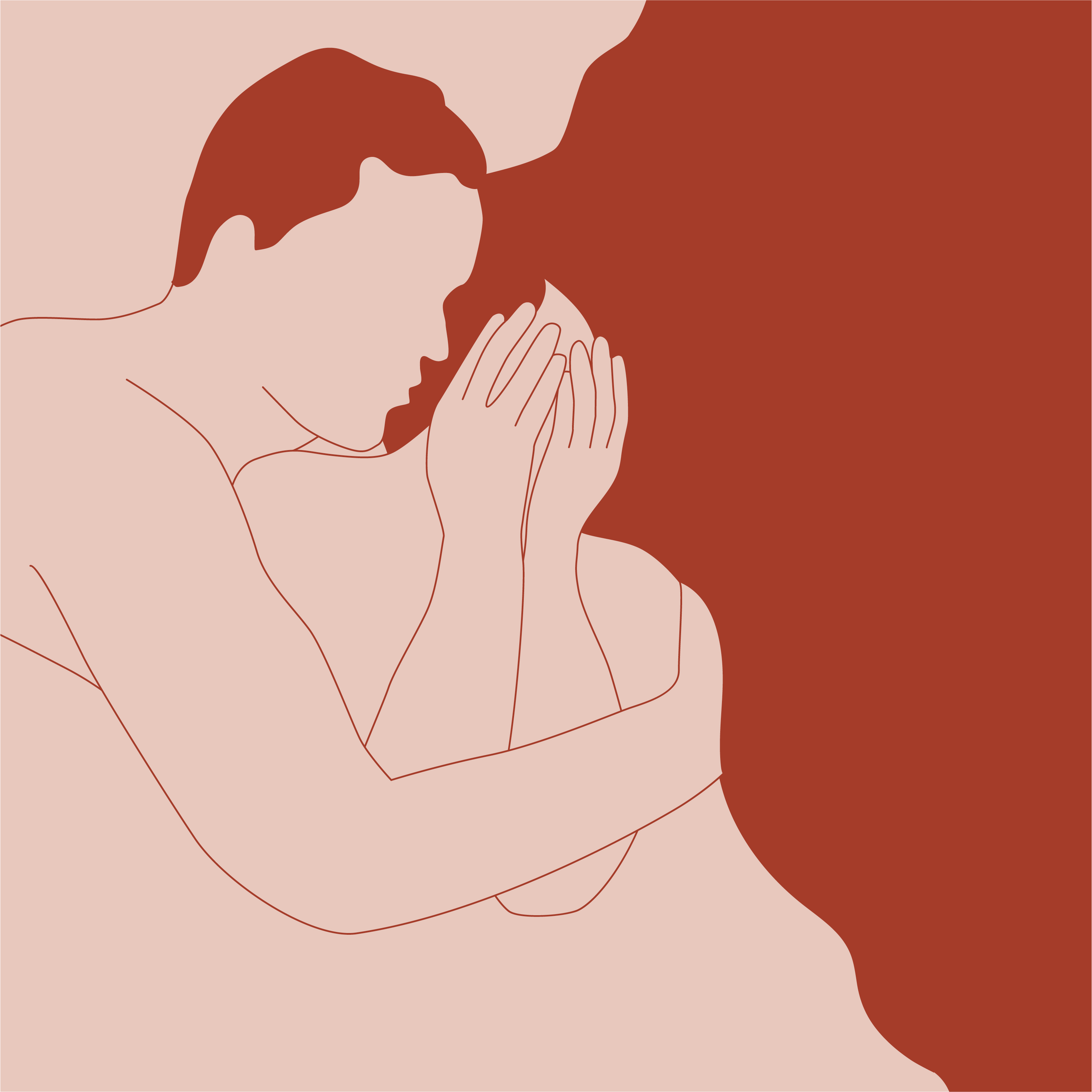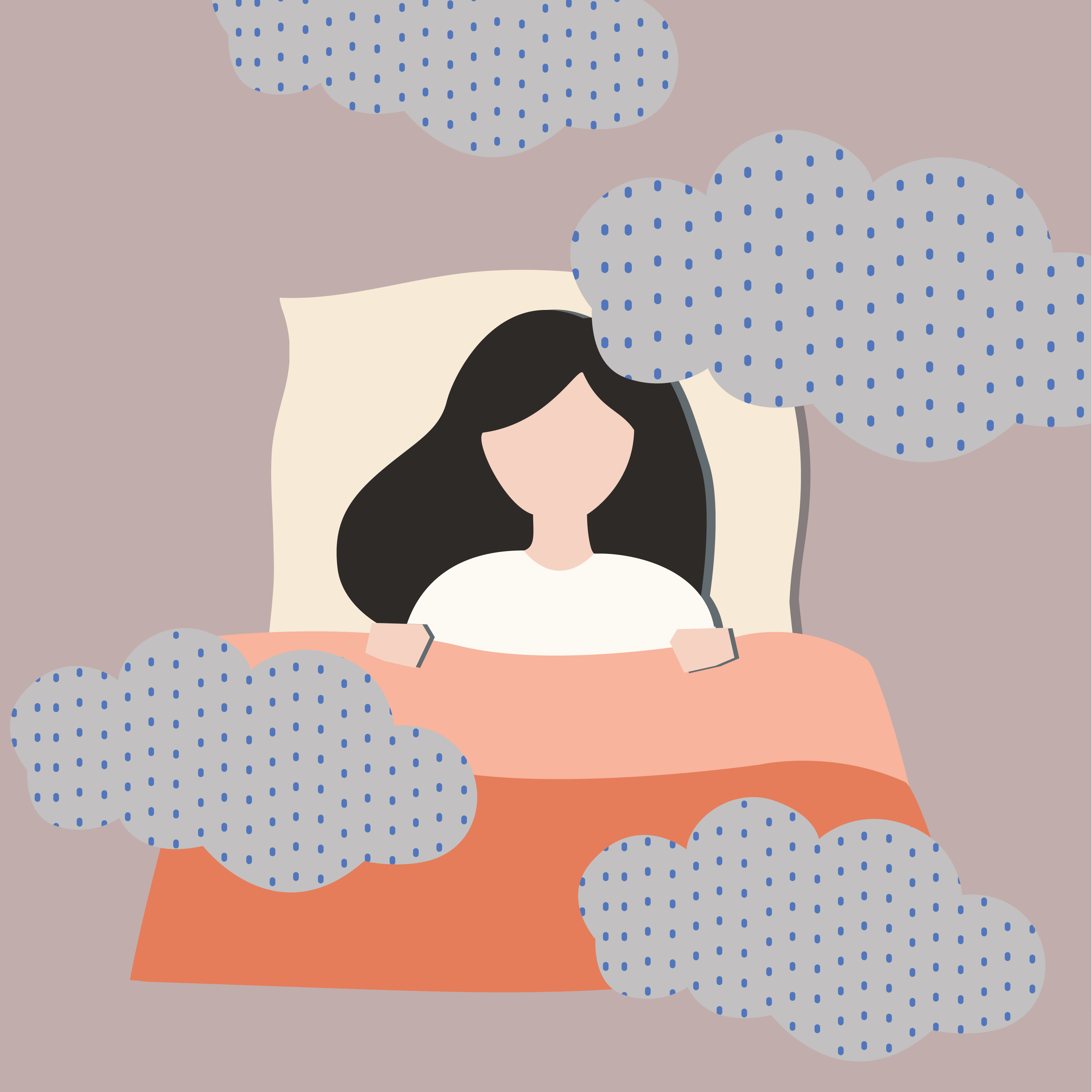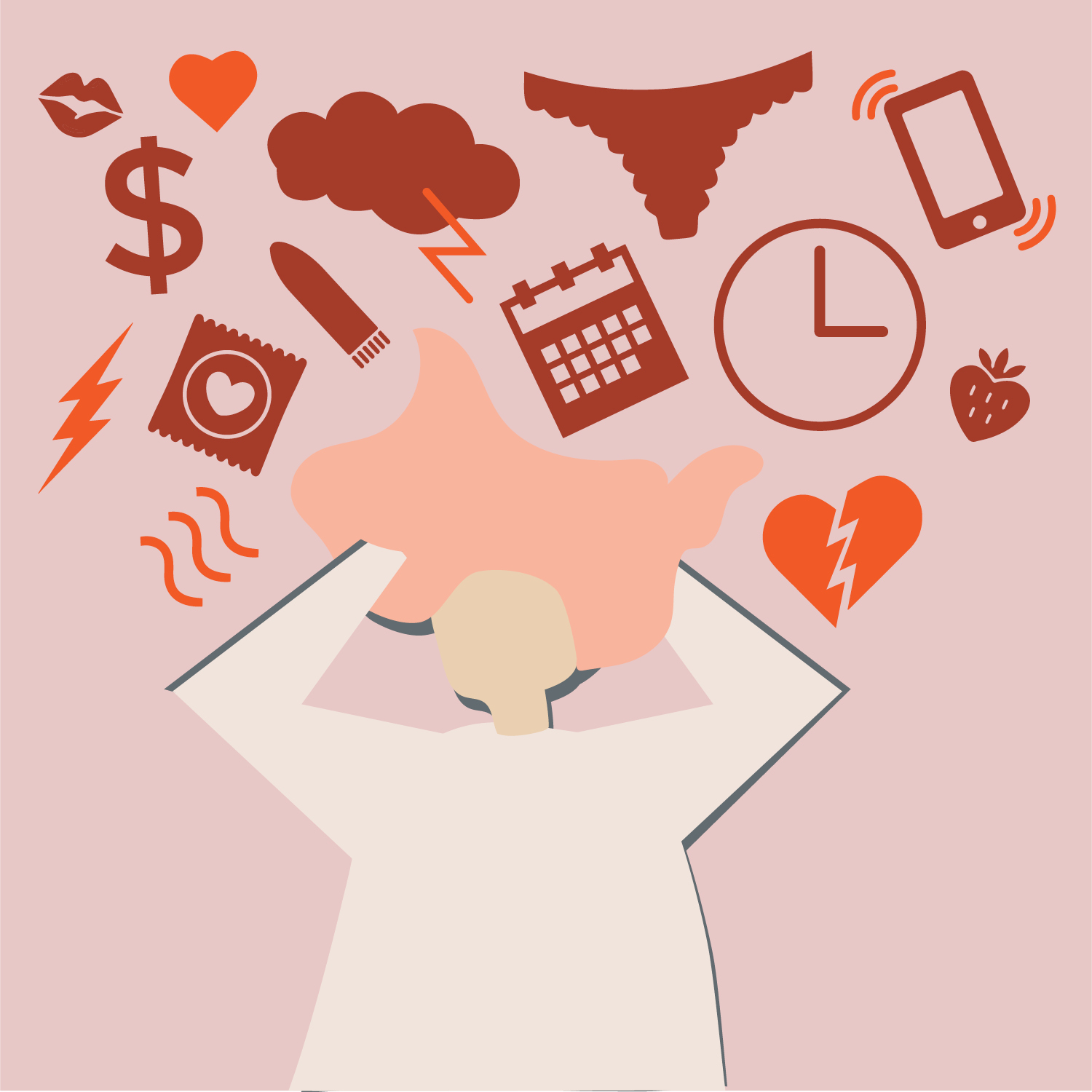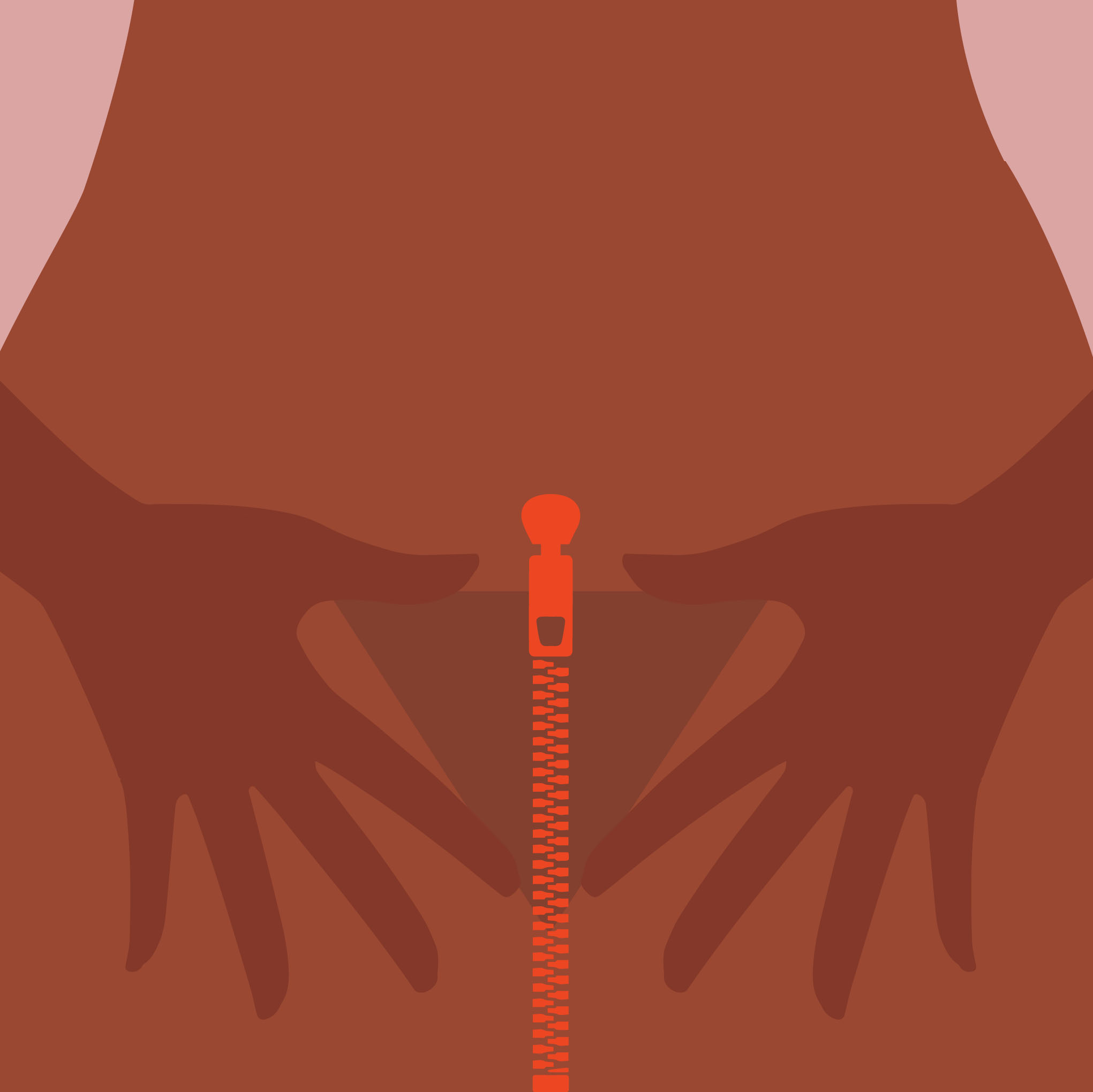Oct 09, 2023
THE PHYSICAL AND MENTAL TOLL OF VAGINISMUS
Like many conditions impacting the reproductive system, vaginismus is a condition that is often-overlooked and misunderstood. So what exactly is vaginismus? It’s a condition in which the pelvic floor muscles surrounding the vagina go into an involuntary spasm, particularly during moments of penetration. It can make vaginal penetration painful, difficult, and in some cases even impossible.
The impact of vaginismus goes far beyond just the physical pain. It can also take a toll on both your mental and physical well-being, making everyday tasks more challenging, and having a significant affect on intimate relationships. There’s often a lot of shame and secrecy around vaginismus, which is why it’s so important to open up the conversation.
What causes vaginismus?
Vaginismus can be triggered by various factors. It's essential, however, to recognise that it’s not a psychological choice or a lack of desire for sexual intimacy. Instead, it's a physiological response to fear or anxiety related to vaginal penetration.
The most prevalent causes include trauma experienced during childbirth or emotional associations with sex and penetration. If you have vaginismus, it might feel like there’s a ‘block’ or ‘wall’ inside your vagina when something is inserted, like when using tampons or engaging in sexual activity. This ‘block’ can then result in intense pain.
Because vaginismus isn’t widely talked about, people experiencing symptoms may not realise it’s linked to a condition. They may simply accept these sensations as their body's norm. It's important to remember that pain should never be ignored.
The diagnosis process typically involves a pelvic examination, during which your doctor can help determine whether it's vaginismus or another underlying condition causing your discomfort.
Impacts on mental health
Vaginismus not only affects the physical aspect of a person's life but can also have a significant mental impact. People may experience frustration and a feeling of helplessness when trying to insert a tampon or when seeking pleasure through penetration becomes challenging. This can lead to a diminishment in self-confidence, a sense of disconnection from their own bodies, and the daunting prospect of navigating a satisfying sex life.
It’s estimated 1 in 10 Australians experience vaginismus, but the stigma around female reproductive health and sexual health often leaves people feeling isolated in their struggles. Vaginismus is nothing to be ashamed of and doesn't signify the end of the road. There are many coping strategies and exercises that can help. You're not alone in the journey.
If you’re experiencing difficulty in everyday activities such as inserting a tampon, our pads or period underwear might be alternative option, providing you with the comfort and protection you need during this challenging time.
Impacts on relationships
Vaginismus is often a deeply personal experience, but it can significantly impact relationships as well. Open communication and mutual understanding, particularly with your partner, is essential. It’s important to let your partner know what you’re going through and inform them of your physical and sexual boundaries.
Addressing vaginismus together as a couple may involve seeking guidance from a sex therapist, exploring what provides pleasure and what doesn't, and above all, maintaining patience throughout the journey.
While vaginismus may pose physical barriers to sexual intimacy, it doesn't mean you can't find other ways to connect through non-penetrative intimacy.
The healing journey
Healing from vaginismus begins with identifying possible triggers or underlying causes, and developing techniques to work through it. It’s important to remember that every healing journey looks different. Try not to compare your path to someone else. It’s okay if your healing takes longer or is more difficult than expected.
Some effective ways to help manage the condition include
- Pelvic Floor Physical Therapy: A specialised form of physical therapy to address muscle tension and control.
- Gradual Desensitisation: Using dilators or other techniques to gradually increase comfort with penetration.
- Counselling, therapy, and support groups
- Through education: Learning about your own body and the physiology of vaginismus - knowledge is power.
If you find yourself dealing with vaginismus, remember to give yourself grace. Talk with a friend if you’re feeling low, and don’t hesitate to seek help.
Blogs

Jun 08, 2022
EXPLORING PERIOD CARE IN CULTURES AROUND THE WORLD
Our TOM Talks panelist Sabina McKenna explores how different cultures around the world approach period care.
Read More
Jun 08, 2022
STOP APOLOGISING FOR HAVING YOUR PERIOD
Our TOM Talks panelist Mel Mason talks about the importance of not apologising for having your period.
Read More
Jun 07, 2022
STRESSED? NOT SLEEPING? TRYING TO CONCEIVE?
TOM Talk's panelist Georgia Hartmann discussed the links between stress, sleep and fertility.
Read More
Jun 07, 2022
STRESS AND HOW IT AFFECTS YOUR SEX DRIVE
Certified sex coach Georgia Grace is here to unpack the link between stress and sex.
Read More